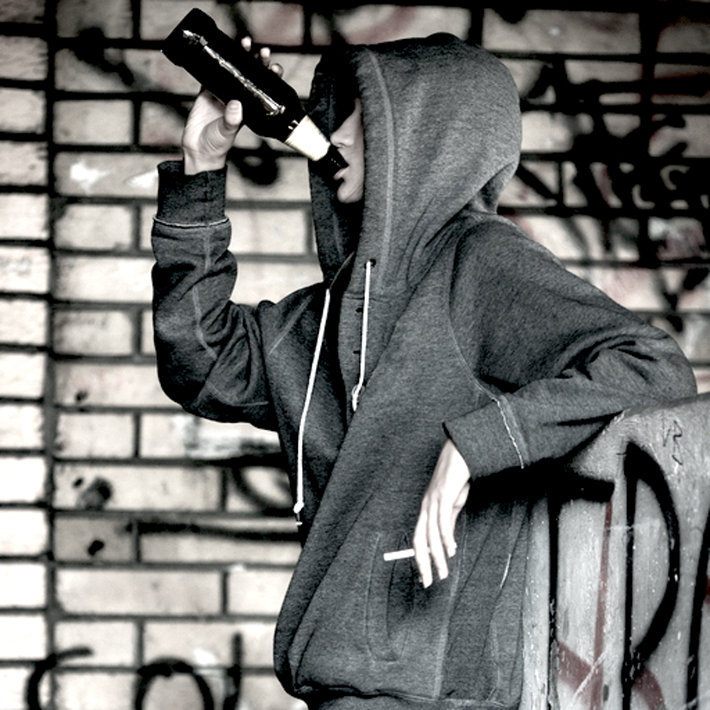Does Giving Your Kids Every Advantage Protect Them from Drug Abuse?

Study Shows Privileged Kids are a High Risk for Drug Abuse
Caring parents try to give their children all the support and advantages they might need to get ahead in the world. Good schools, tutors, a safe neighborhood to live in, music lessons, individual coaching—it’s a long list. Then they might just sit back, assured that their child will get into the best schools and have a great start in life. It sounds like an excellent plan. But it might be backfiring for a lot of parents. A new study has found a troubling link between privileged high school students and problematic substance abuse early in adulthood.
A group of researchers at Arizona State University followed two groups of high school students from their last years of high school into their adulthoods. One group was interviewed every year through college years and the other group was contacted annually from age 23 to 27. Every year, the students were assessed for indicators of problematic substance abuse. For example, drinking to get drunk or use of marijuana, Ecstasy, cocaine or Adderall.
It turned out that most of these youth from affluent suburbs in New England had remarkably higher rates of addiction to drugs or alcohol than national norms. Here’s how their analysis worked out:
The 23 to 27 group:
- Women: 19% to 24% (three times the national average)
- Men: 23% to 40% (about twice the national average)
The college-aged group:
- Women: Rate of addiction 11% to 16% (close to national average)
- Men: 19% to 27% (about twice national average)
Why This Higher-than-Average Rate of Addiction?
The researchers noted that these students attended the best high schools in their areas and participated in many extracurricular activities. They were also expected to be accepted by highly selective universities after high school graduation. Their parents routinely were highly educated and had higher incomes than the average American. It was also noted that there was plenty of money available for these youth to obtain drugs, alcohol or fake IDs.
These students live with an enormous amount of pressure all through high school and college because of the expectation that they will get excellent grades and do well on scholastic aptitude tests. They’re also facing the demand from these elite colleges to provide a “resumé” of impressive roles played at school and in their communities.
The researchers also suggested that as long as school performance was acceptable, given expectations about college admissions, the youth’s involvement in alcohol or marijuana use might be tolerated by parents. But being easygoing about the initiation of drug or alcohol use is a serious mistake as it may develop into addiction down the line.
Their Recommendations
The research team had specific recommendations on how this increased possibility of addiction among young high-achievers might be thwarted.
1. Due to the low acceptance-to-application ratio of the best schools, these desirable institutions could implement a lottery process for admission, eliminating the pressure-cooker stress a young person might feel to “out-do” the other applicants.
2. Present these youth with role models who were educated outside the Ivy League system, who picked a school because it was right for them, not just because it was renowned.
3. Increase research on how to minimize this increased risk of addiction so that methods of building greater resilience among this susceptible population can be developed.
The researchers also noted that while there is education on the risks of a single act of engaging in unprotected sex, there might need to be comparable education on the risk of a single incident of drunk driving or being arrested for cocaine. If the goal is a successful education and career, an arrest or tragic accident could end that dream forever.
call Narconon Ojai today (866) 292-4503.


